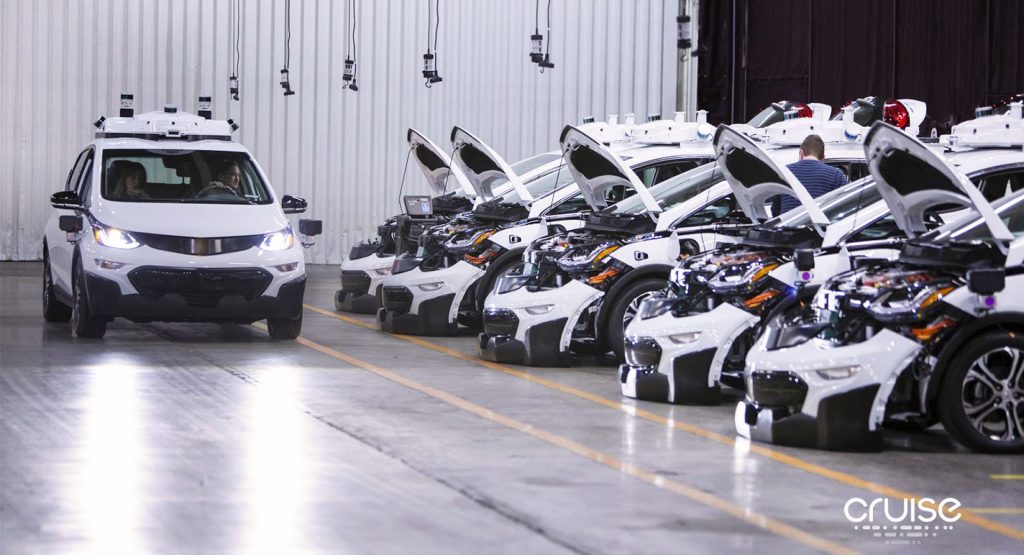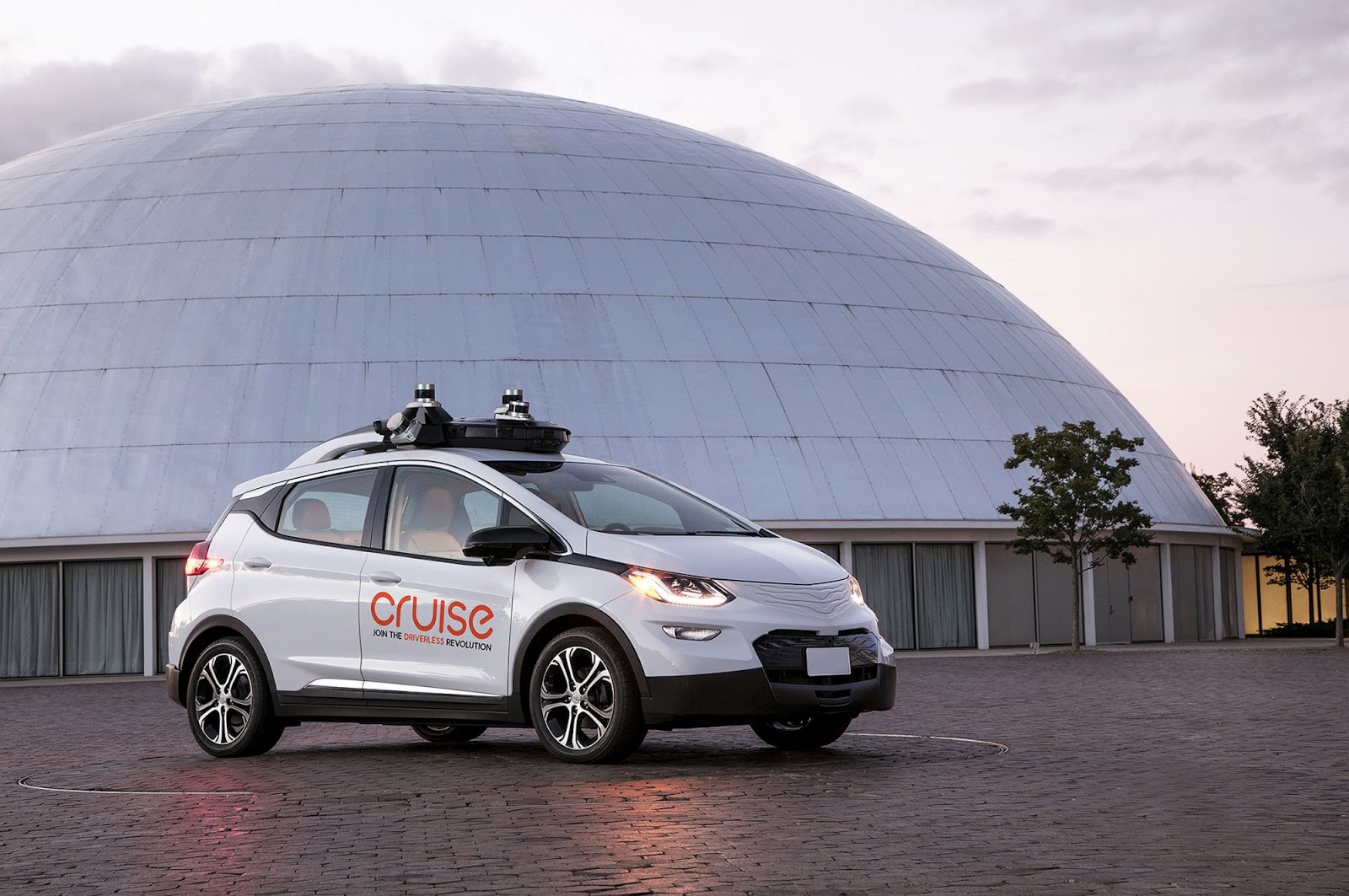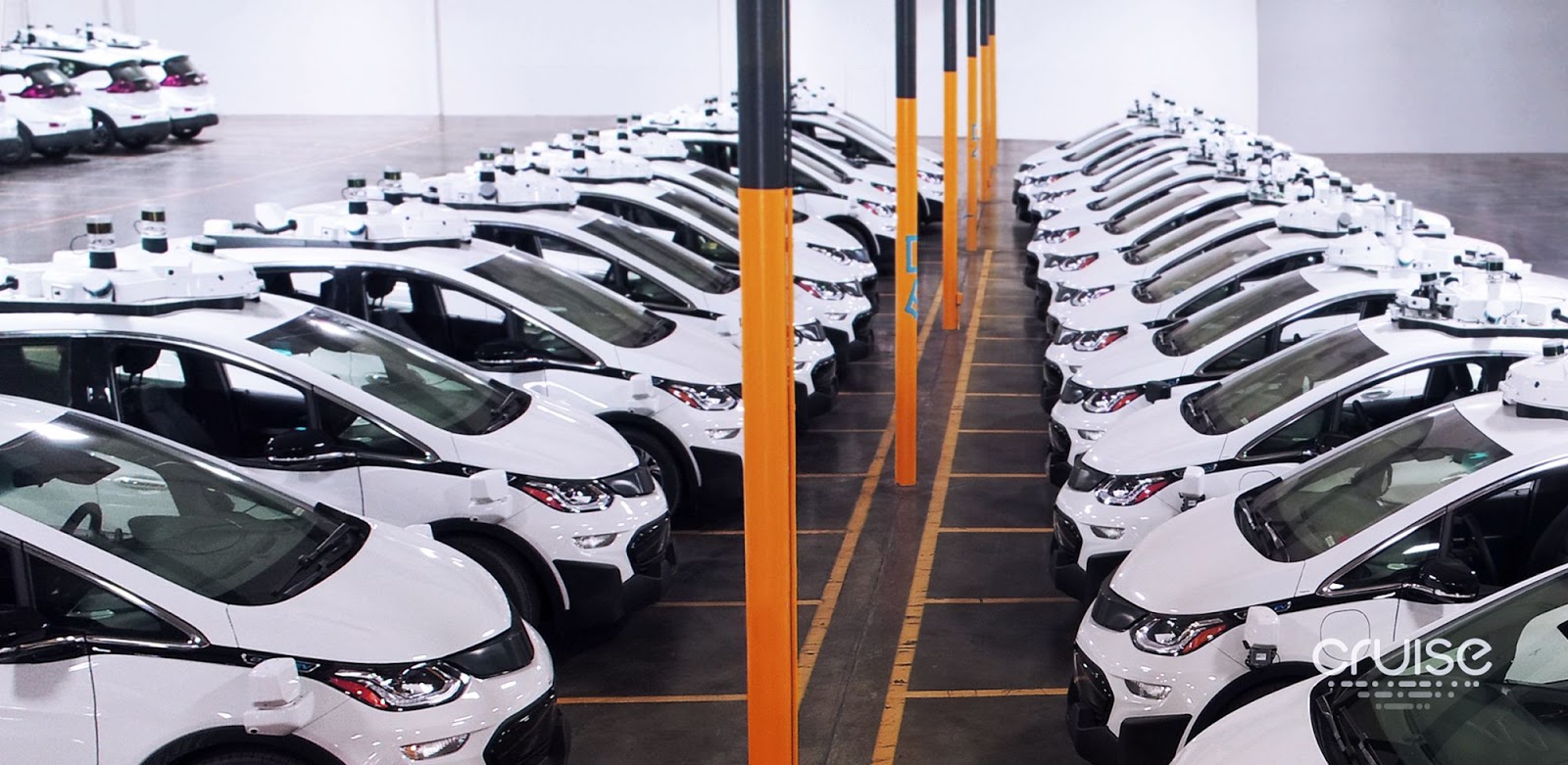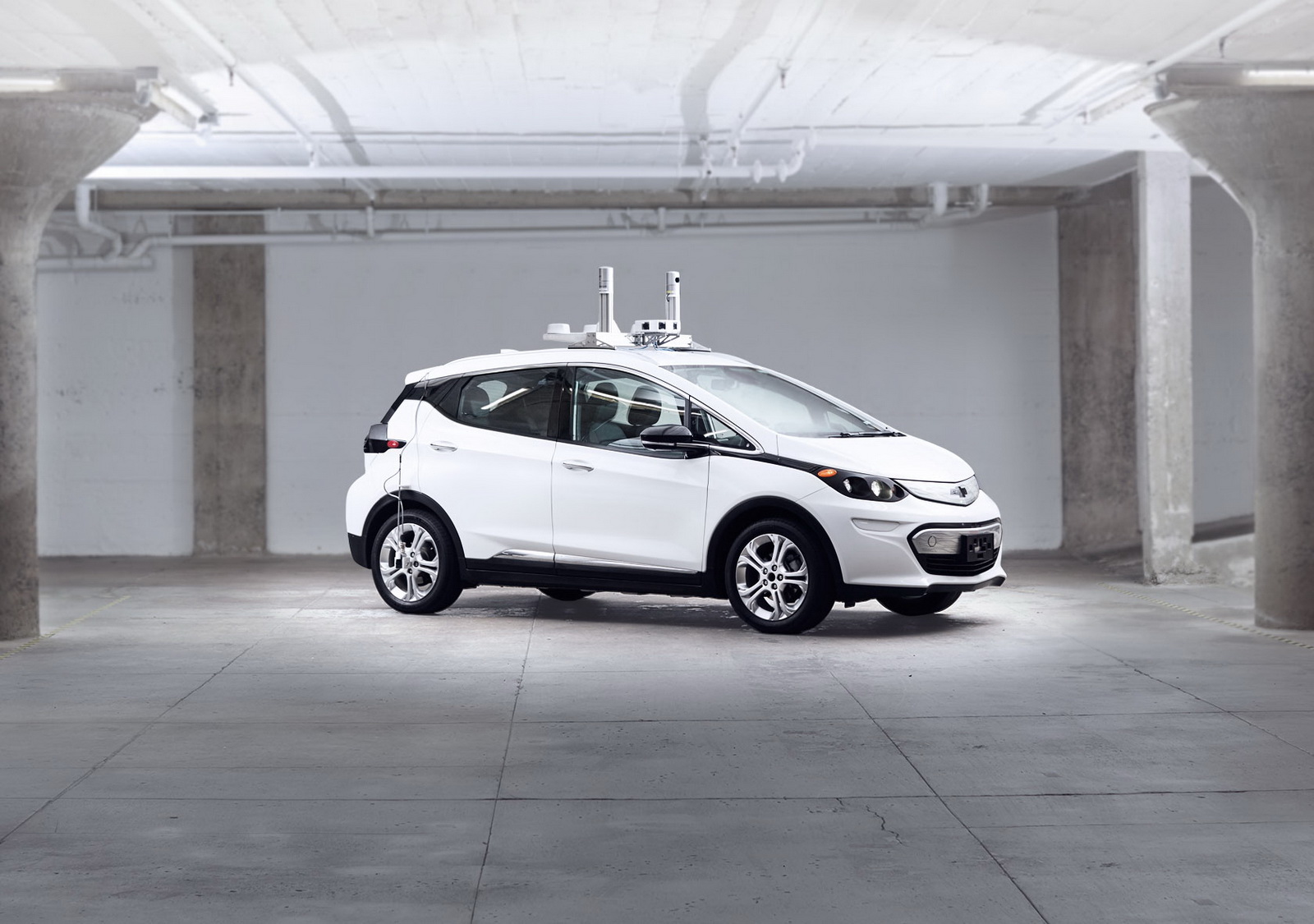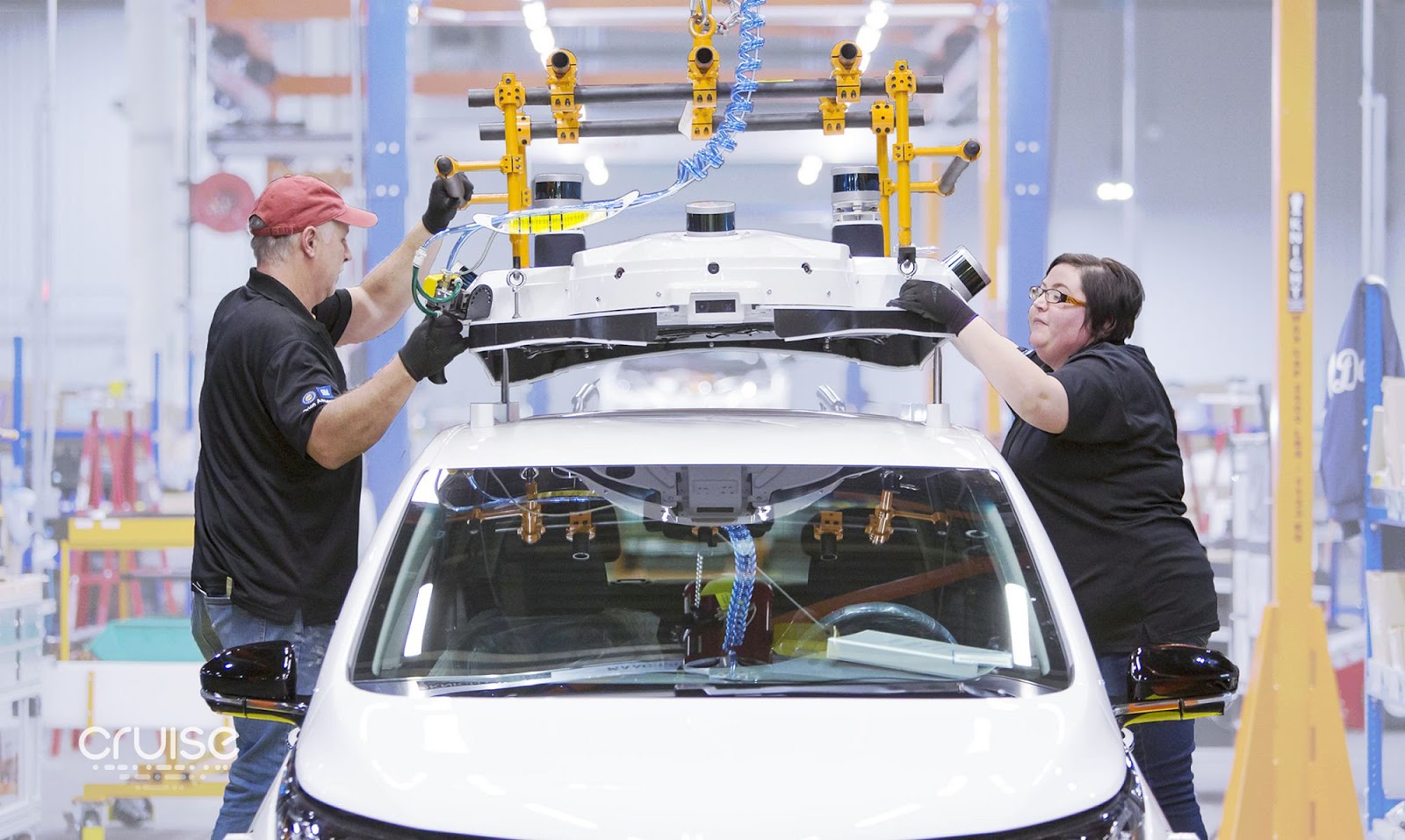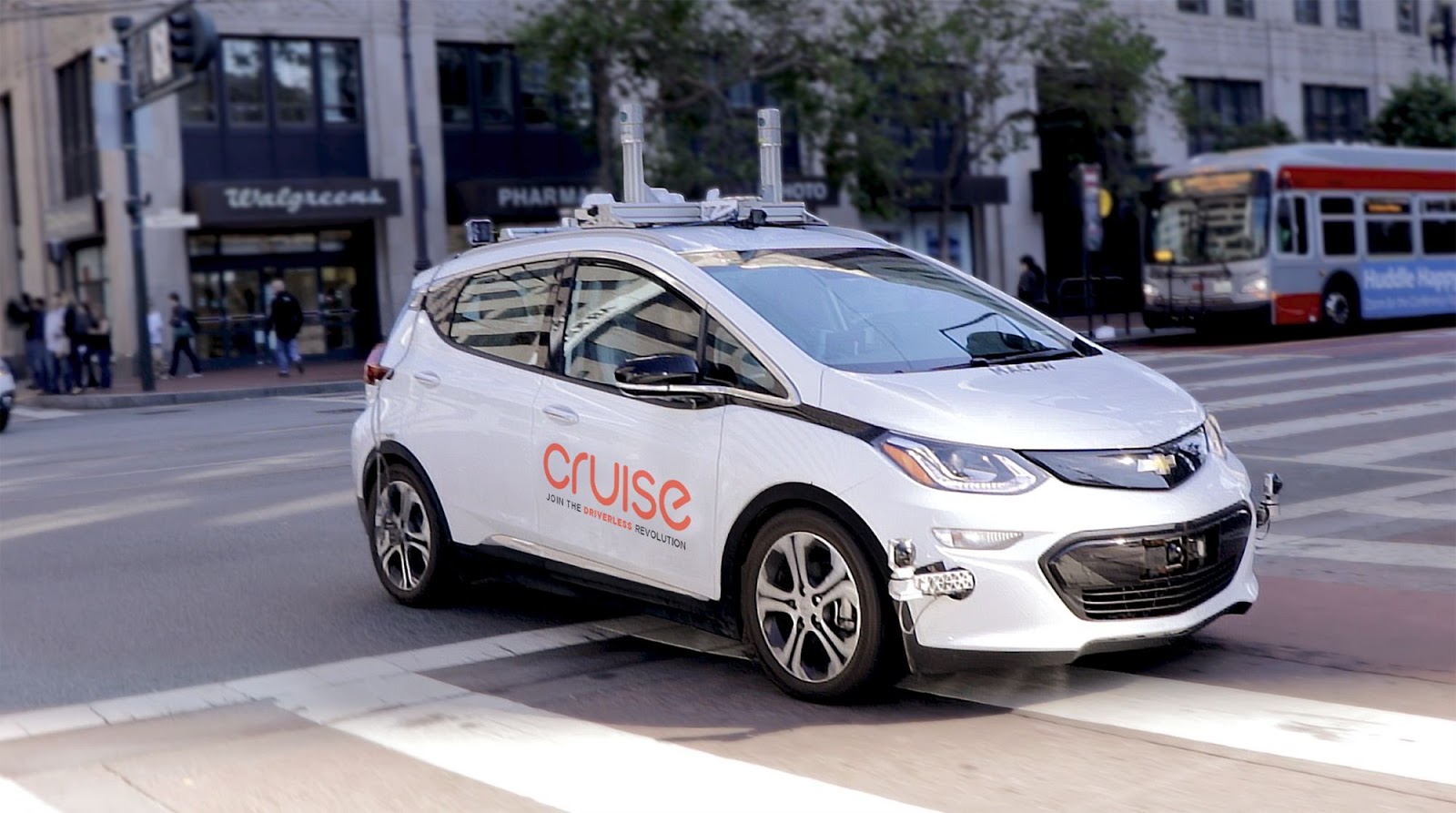General Motors wants to introduce a ride-sharing fleet of autonomous vehicles but it’s facing a number of hurdles before this bold plan can become a reality.
The car manufacturer made a request with the National Highway Traffic Safety Administration (NHTSA) back in January 2018 to receive a two-year temporary waiver on features such as mirrors, dashboard warning lights and turn signals designed for a human driver. GM asserted that it wanted to introduce a fleet of no more than 2500 modified Chevrolet Bolts for an on-demand ride-sharing fleet likely based in San Francisco by the end of this year.
The petition sent to the NHTSA was made available for public comment in March and a number of groups have expressed concerns with GM’s plans, Auto News reports.
The National Association of Mutual Insurance Companies, which represents 43 per cent of U.S. auto insurers, said the NHTSA shouldn’t consider removing safety standards for GM.
Also Read: GM’s Cruise Automation Division To Double Its Workforce
“NHTSA has no business enabling (automated vehicles) to operate on the roads, and surely has no business removing federally mandated vehicle safety standards to a vehicle that they do not know if it’s as safe as existing vehicles,” the group said.
The American Association of Motor Vehicle Administrators also isn’t sold on the idea. It says that the NHTSA should ensure that self-driving vehicles “utilize some sort of signage or a universal indicator to alert first responders, potential passengers and other road users that the vehicles do not comply with federal safety standards.”
According to The Union of Concern Scientists, GM’s autonomous prototype vehicles have been involved in at least 69 traffic collisions with a backup driver in the front seat and subsequently called for the NHTSA to reject the petition.
In a statement, GM spokeswoman Jeannine Ginivan said the company “will review the many comments received and respond as appropriate.”



